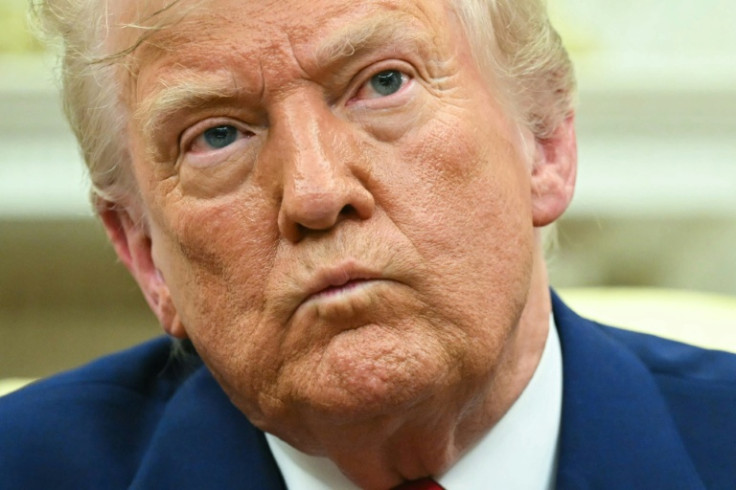
President Donald Trump said the purpose of his sweeping tariffs is getting countries to the negotiating table, and that dozens of them have already called to engage with the administration with this purpose. However, many who have done so are saying that they have yet to receive an answer to their requests.
Politico detailed on Wednesday that the Philippines is still waiting for a reply, and a top diplomat from another country said their government reached out to Trump officials at all levels but they were either not responding or limiting themselves to listen.
"We are all waiting for the reply," said the official for the Philippines, claiming that several other Southeast Asian countries are in the same situation. Another foreign diplomat told the outlet that no top officials "have a mandate to negotiate," noting that both Vietnam and Israel have offered to drop all tariffs but got no concessions either.
In the meantime, several nations have imposed retaliatory levies, with China announcing 84% tariffs on U.S. goods. The European Union, which has offered a "zero for zero" tariff deal to the U.S., approved a new set of retaliatory duties on imports. They are set to go into effect on April 15 and range from 10% to 25% on over $24 billion worth of goods, including poultry, steel and aluminum.
Trump, in the meantime, is lashing out at critics, with NBC News reporting that he said "I know what the hell I'm doing."
Many economists disagree, with former Treasury Secretary Larry Summers saying on Tuesday that the tariffs will result in a loss of at least $5,000 per household, and that millions of jobs will be lost as well.
Speaking to Bloomberg Television, Summers specified that he believes 2 million people in the U.S. could lose their jobs due to the tariff increases and that there will likely be a recession.
Summers went on to say that there will be "very important choices in the weeks ahead" and claimed he would suggest "backing off the policies that have been announced. He added that markets will probably continue to drop as a result. "We're very likely, in the context of a recession, to see markets reach levels significantly below they current level." His message has been echoed by the likes of JPMorgan CEO Jamie Dimon, Pershing Square CEO Bill Ackman and others.
BlackRock CEO Larry Fink, on his end, said that most other CEOs he talks to believe that the U.S. is already in a recession. He added that inflation will likely remain high, something that would reduce the chances of rate cuts by the Federal Reserve soon.
© 2025 Latin Times. All rights reserved. Do not reproduce without permission.




